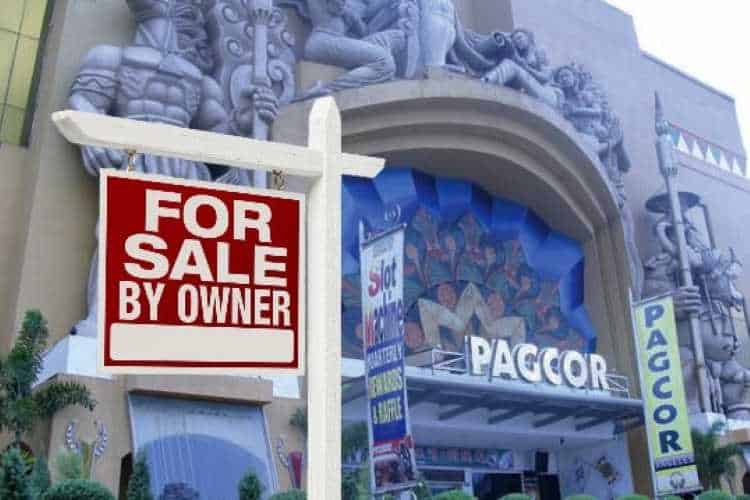You’re a bettor, aren’t you? A gambler?
Well, here’s an interesting proposition:
What are the odds that PAGCOR – the Philippine Amusement and Gaming Corporation – will sell off its state-run casino venues to private firms?
While the concept of state-run brick-and-mortar casinos might be alien to gamblers in many other parts of the world, the idea is far from unprecedented.
Even in the United States, there are plenty of 100% state-run gambling amusements, such as state lotteries, sports betting sites, and – in limited cases – even online casino sites.
Philippine finance secretary Benjamin Diokno – who took office at the pleasure of new Philippine President Ferdinand “Bongbong” Marcos, Jr. – believes the regulator should rid itself of any direct property management associated with the Philippine gambling industry.
Given the presence of brand new leadership at the agency (Andrea Domingo has been replaced by Alejandro Tengco as PAGCOR chairman and CEO, while Alfredo Lim has been replaced by Juanito Sañosa, Jr., as PAGCOR president and COO), this new directive to “go private” could have serious legs.
Per Diokno, it’s a matter of propriety more than profitability:
“PAGCOR’s new leadership will have to make their plans known moving forward. They should resolve the seemingly conflicting roles as an operator and regulator.”
PAGCOR’s main role is to oversee the four Entertainment City IRs, as these venues command the majority of Philippine gambling profits and therefore pay the majority of Philippine gambling taxes to the government.
However, PAGCOR has extended itself significantly beyond its charter in recent years.
Today, there are 35 land-based Philippine “casinos” owned and operated by the regulator. While these aren’t giant hotel casinos of the sort you’d find in Metro Manila or Macao or the Vegas Strip, they’re still actual gambling venues.
Sure, they don’t make nearly as much money as the E-City IRs cited above (US $114 million vs. $658 million YTD), but they still constitute a serious potential conflict of interest.
Of course, such a sell-off isn’t a new or radical idea.
PAGCOR has considered offloading its self-owned gambling venues in the past, particularly toward the beginning of former President Rodrigo Duterte’s administration in 2016.
While no sales happened at the time, it’s a new era in the Philippines, and anything is possible.
On paper, it makes sense for PAGCOR to sell its gaming properties to private companies, provided those private companies can prove the ability to run them effectively and generate as much or more tax revenue for the state.
Given that state-run gambling venues require state-employed workers (who require state-budgeted salaries), that alone might be motive enough to get this thing off the ground.
Regardless, though, this will ultimately have no impact on bettors themselves.
In the Philippines, gambling is readily accessible both domestically and offshore, with the latter being the more convenient option for the majority of players.
Whether or not PAGCOR retains control over its small gaming properties will not boost domestic online gambling adoption any faster, nor will it have any bearing on international online Philippine casinos, Philippine sportsbooks, and Philippine poker sites that do business in the islands.

